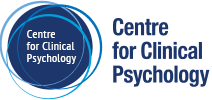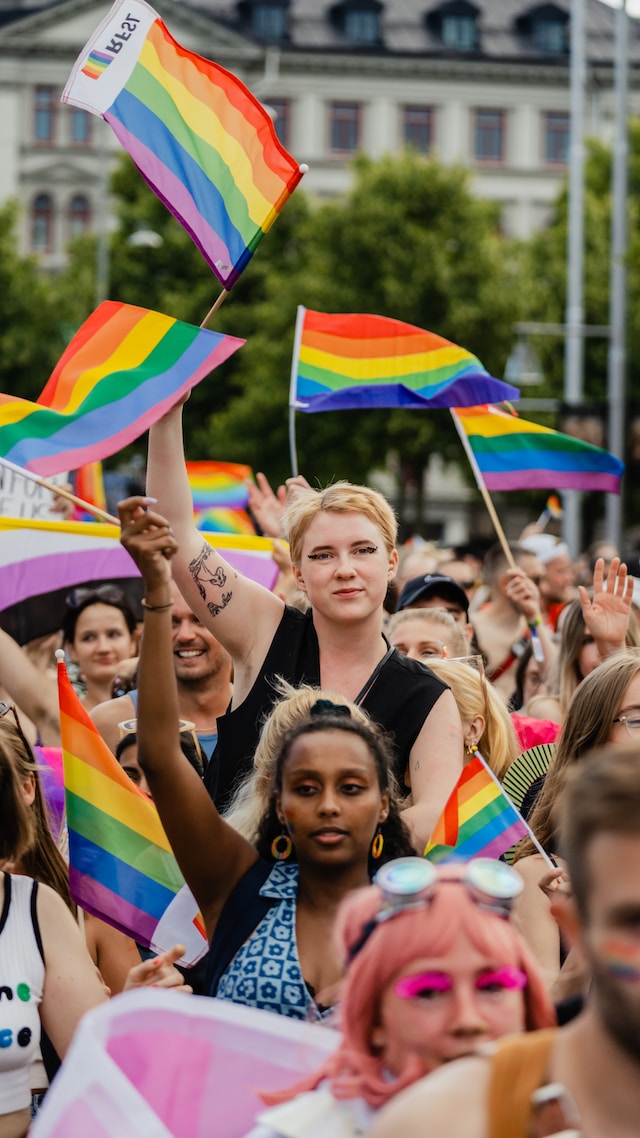The LGBTQIA+ community in Australia experiences a disproportionate amount of distress and trauma compared to the general population. This can be due to a range of factors including discrimination, rejection from family and society, and violence. It is important to acknowledge and understand the unique challenges that this community faces and to ensure that they have access to appropriate support.
Discrimination
One of the primary sources of distress for the LGBTQIA+ community is discrimination. Despite recent progress in laws and policies that promote equality, many members of the community still face prejudice and other stressors in their daily lives. This can include discrimination in the workplace, in healthcare settings, and in social settings (Meyer, 2003). This discrimination can lead to feelings of shame, self-doubt, and isolation, which can in turn lead to mental health issues such as depression and anxiety (Mustanski, Andrews, & Puckett, 2016).
Violence
Another source of distress for the LGBTQIA+ community is violence. Hate crimes, physical and verbal abuse, and even murder are unfortunately still common for members of the community (Herek, 2009). These acts of violence can have a profound impact on individuals and the community. This can lead to feelings of fear and insecurity. In addition to external violence, violence within a (same sex) relationship also occurs in the LGBTQIA+ community. These experiences are associated with mental health problems like PTSD.
In a small study of 390 LGBTIQ respondents in Victoria Leonard et al., (2008) found the following statistics in a same-sex relationship where people were abused by their partner:
- 78% of the abuse was psychological and 58% involved physical abuse;
- lesbian women were more likely than gay men to report having been in an abusive same-sex relationship (41% and 28% respectively); and
- 26% of respondents had experienced sexual assault within the relationship.
Traumatic experiences like interpersonal and family violence can be particularly distressing and confusing when committed by someone who is in the same community as you. Shared understanding about trust and safety has been violated. Sometimes survivors experience self-doubt about their experience because they are in the same community as the perpetrator. Sometimes their understanding of their assailants’ distress due to the discrimination that the community experiences clouds the fact that it was violence.
Help
It is important for individuals in the LGBTQIA+ community who have experienced distressing events and trauma to seek help. There are a range of resources available to support individuals, including mental health services, peer support groups, and advocacy organizations. The research shows that, the incidence of traumatic and distressing events that are the precursor for PTSD, depression, anxiety and substance use difficulties are high in the LGBTQIA+ community in Australia. While it is important that our society works towards creating inclusivity and acceptance of all individuals, regardless of their sexual orientation or gender identity. It is also important to provide appropriate support and resources for individuals who have experienced distressing and traumatic events.
The Centre for Clinical Psychology (CCP) in Melbourne is one such resource. They provide a range of mental health services for individuals who have experienced distressing and traumatic events, including those who identify as LGBTQIA+. They offer individual therapy, as well as workshops and training for mental health professionals. Their team is skilled in therapy for depression, anxiety, and PTSD.
If you or someone you know is in need of support, please consider reaching out to our clinic. We can be reached by phone at 03 9077 0122 or you can book an appointment online at https://ccp.net.au/booking/.
References
Australian Institute of Family Studies. Intimate Partner Violence in Lesbian, Gay, Bisexual, Trans, Intersex and Queer Communities. https://aifs.gov.au/resources/practice-guides/intimate-partner-violence-lesbian-gay-bisexual-trans-intersex-and-queer
Herek, G. M. (2009). Hate crimes and stigma-related experiences among sexual minority adults in the United States: prevalence estimates from a national probability sample. Journal of interpersonal violence, 24(1), 54-74.
Meyer, I. H. (2003). Prejudice, social stress, and mental health in lesbian, gay, and bisexual populations: conceptual issues and research evidence. Psychological bulletin, 129(5), 674-697.
Mustanski, B., Andrews, R., & Puckett, J. A. (2016). The effects of cumulative victimization on mental health among lesbian, gay, bisexual, and transgender adolescents and young adults. American journal of public health, 106(3), 527-533.
Riggle, E. D., Rostosky, S. S., & Horne, S. G. (2010). Psychological distress, substance use, and coping among LGBTQ college students. Journal of Gay & Lesbian Mental Health, 14(2), 111-128.






